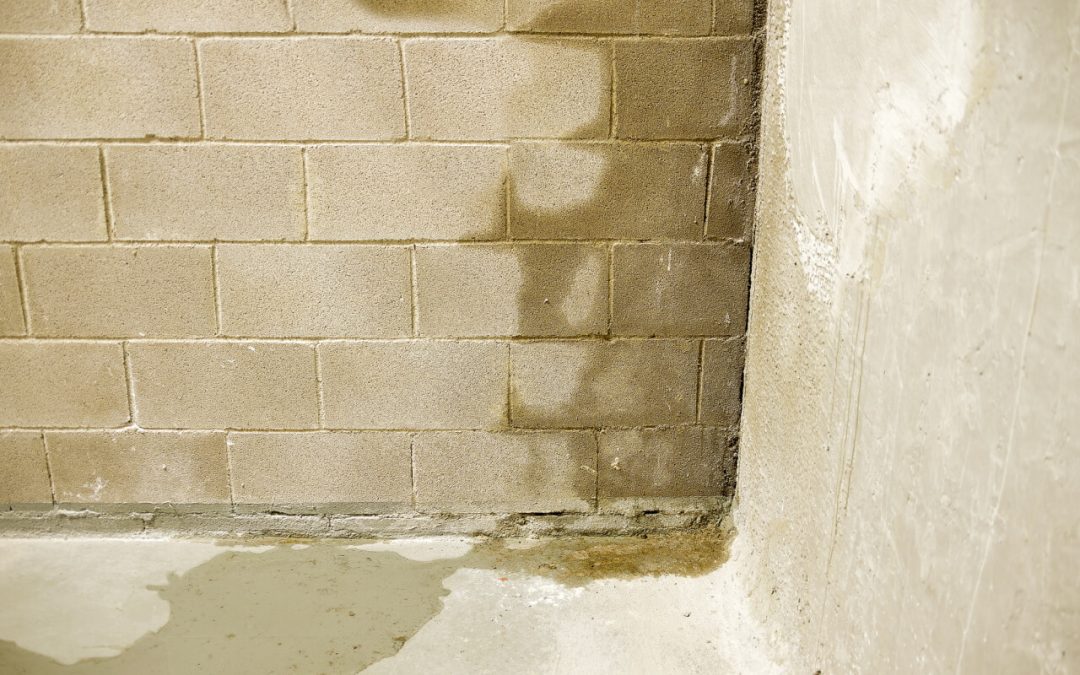A wet basement poses a considerable risk to your property and your family’s health. If left neglected, basement moisture can damage your belongings, building materials, and cause mold growth. Here are tips to prevent basement leaks and keep the lowest level of your home dry and free of moisture.
Extend Downspouts to Prevent Basement Leaks
If the guttering downspouts are too near the foundation, they funnel water close to your home. Guide the water away from the house by installing metal or plastic downspout extenders. Downspout extenders redirect the water from your gutters and move it farther into the yard.
You might redirect rainwater towards any sewer drain on your property or one part of the community drainage system. Gutter extensions can also be moved as needed to prevent water from constantly flowing to one spot. Funneling rainwater away from the house helps eliminate flooding, water damage, pest infestations, and mold.
Regulate the Water Pressure
The pipes in your home running to your faucets and water heater can withstand significant water pressure. Maintaining this water pressure below a specific limit can help you prevent plumbing leaks. When your pipe’s pressure is too high, it can cause your pipes to rupture, resulting in leaks and water damage.
To determine your pipe’s water pressure, hire a professional plumber or purchase a gauge to test it yourself. Talk to your plumber about reducing the water pressure and maintaining your home’s plumbing.
Grade the Yard
One of the common causes of basement leaks is poor grading around the home, causing the ground to slope toward the foundation. Water flows towards your property instead of away from the house when it rains. Poor grading can lead to basement flooding and water damage.
The best way to inspect your home’s grading is by walking around your property during or after heavy rains. Seeing water accumulating or flowing towards your house indicates poor grading. Hire a professional to grade your landscape and eliminate basement flooding.
Prevent Basement Leaks by Insulating the Pipes
The pipes in your basement are exposed to warm or cold temperatures and humidity, making them susceptible to condensation and freezing. During the summer months, the water lines can begin to sweat, increasing moisture in the basement. Excess moisture contributes to mold growth and pest infestations.
During the winter months, your pipes are also in danger of freezing. When water freezes, it expands inside the plumbing, and pipes can crack or burst, causing water to leak into the basement.
Insulate your cold and hot water pipes to prevent basement leaks and avoid costly repairs. You’ll reduce your water usage and energy bills, and protecting the water lines helps to keep them from freezing during winter.
If you spot moisture damage or an apparent leak in the basement, hire a professional to inspect the area and fix the issue.
Rambo Inspection Services provides inspection services to homebuyers and sellers in the Chicagoland area. Contact us to request an appointment.

